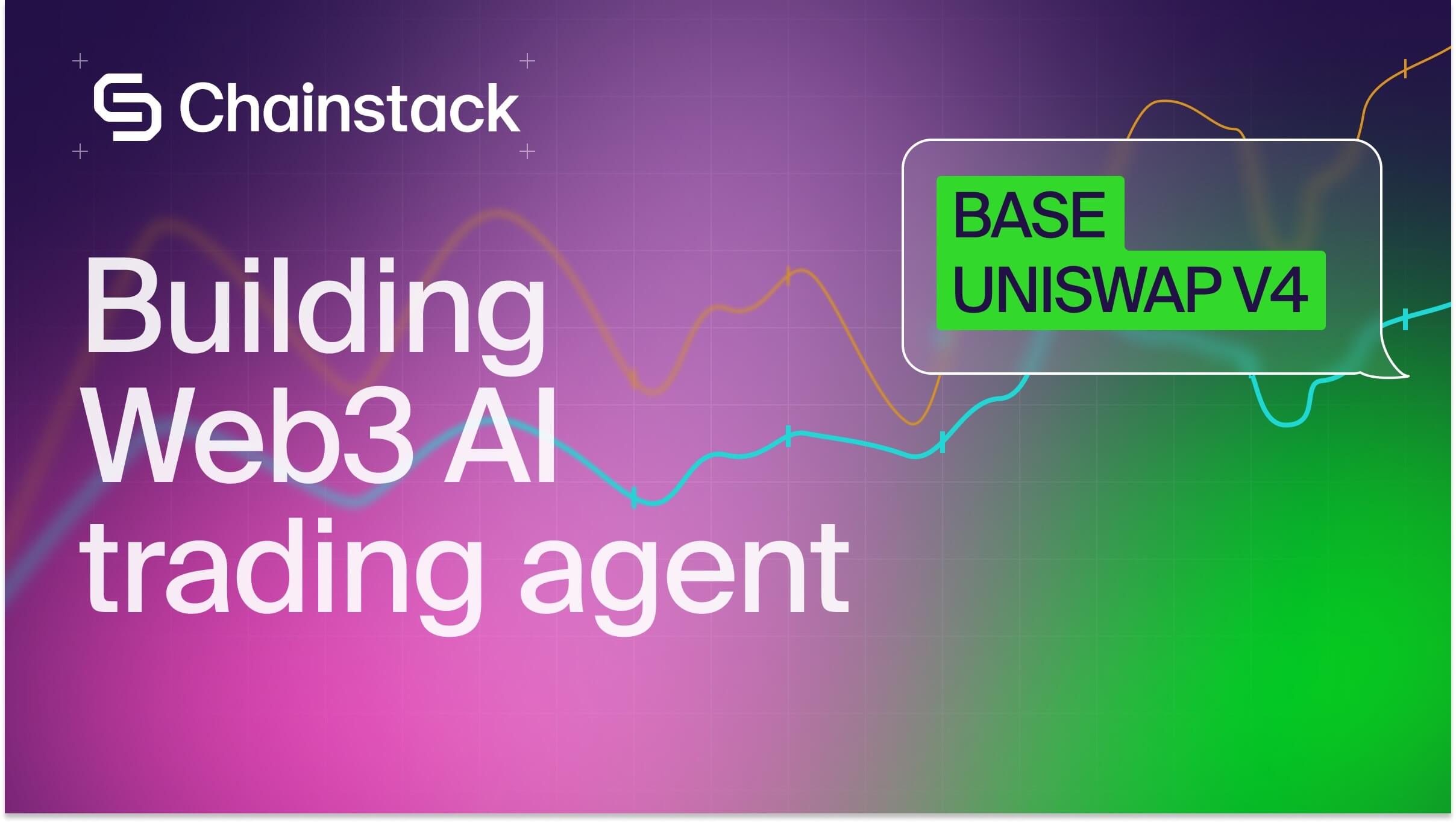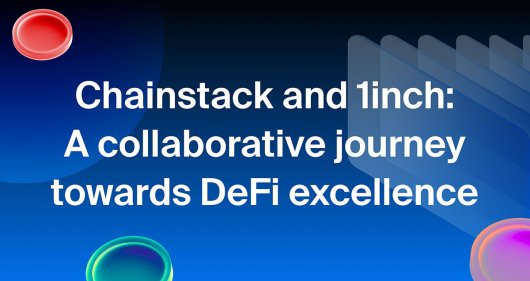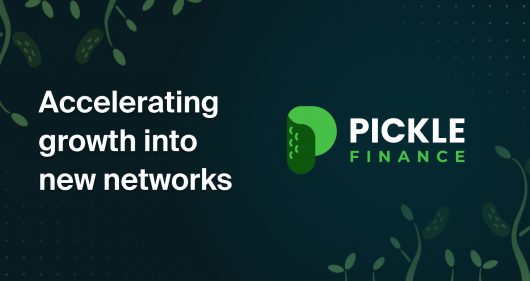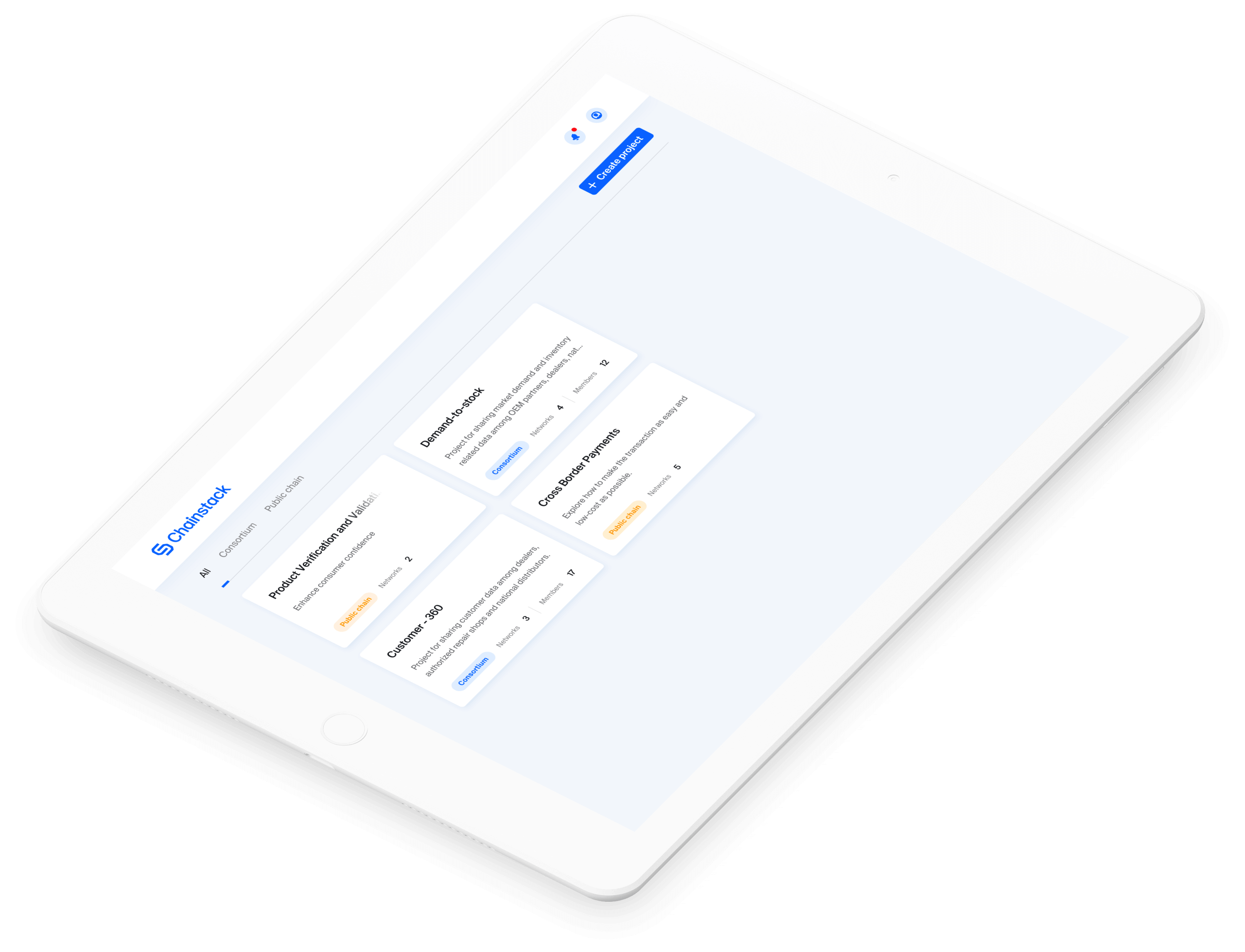Real-time Solana data: WebSocket subscriptions vs Yellowstone gRPC Geyser
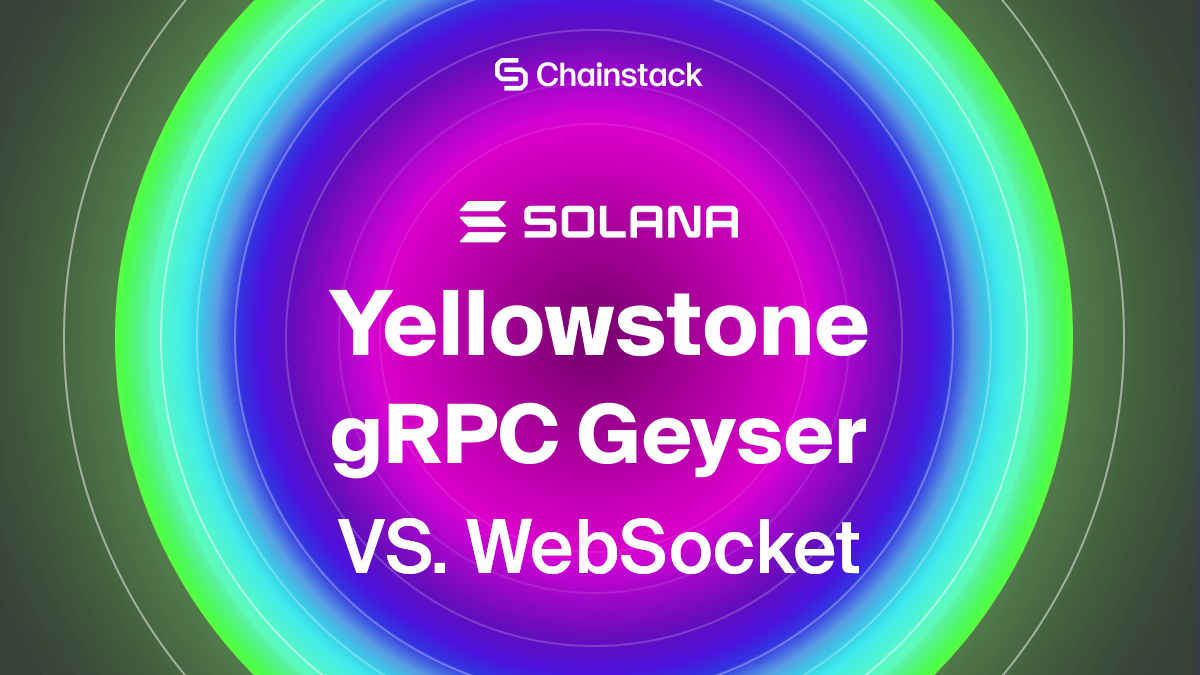
Building real-time dashboards or DeFi apps on Solana often starts with a simple question:
How do I get fresh data as soon as it happens?
For most developers, the journey begins with RPC polling using getProgramAccounts, then evolves into WebSocket subscriptions. But as projects scale, limitations surface—leading many to adopt next-generation solutions like Yellowstone gRPC Geyser.
In this article, we’ll break down:
- What WebSocket subscriptions offer
- What you gain (and lose) with Yellowstone
- Practical use cases like tracking swaps on Raydium
- Which approach fits your needs
Why not just use getProgramAccounts?
Solana’s getProgramAccounts is a powerful RPC method, often used to fetch all accounts tied to a program like Raydium or Serum. But it’s not real-time, and using it in production has serious drawbacks:
- Requires constant polling
- Fetches large datasets repeatedly
- Difficult to detect small changes efficiently
- Adds backend complexity (diffing, filtering, deduplication)
Result: High latency, unnecessary compute, and increased traffic.
Option 1: Solana WebSocket Subscriptions (Built-in RPC)
Solana’s JSON-RPC API supports WebSocket subscriptions to receive live updates about accounts, transactions, logs, and blocks.
Supported WebSocket Methods
| Method | Purpose |
|---|---|
accountSubscribe | Get updates when a specific account changes |
programSubscribe | Get updates for any account in a given program |
logsSubscribe | Listen for transaction logs (events) from specific programs |
signatureSubscribe | Receive status updates for a specific transaction |
slotSubscribe | Stream slot updates in real time |
Pros
- No need to poll
- Easy to set up in small apps
- Suitable for lightweight use cases (single wallet, DApp)
Cons
- No parsing: Data is returned in base64, must be manually decoded
- No history: Subscriptions only work from the moment they start
- Limited filtering: You can’t say “only notify me about USDC changes”
- Subscription caps: Most providers limit to ~100–200 subs per connection
- Complex real-world logic: Requires stitching together data from logs, account states, and additional RPC calls like
getTransactionorgetParsedAccountInfo
Option 2: Yellowstone gRPC Geyser
Yellowstone is a high-performance Solana streaming service built on gRPC over HTTP/2, offering structured, low-latency updates with deep filtering.
Key features
- gRPC binary protocol: Compact, fast, and persistent
- Structured data: Account diffs, token balance changes, parsed logs
- Custom filters: By program, account, transaction type
- Multiple streams: Account, transaction, and block updates separately
- Designed for production-scale DeFi dashboards
Benefits
- Sub-second latency with no polling
- Filtered streams reduce backend load
- Direct frontend syncing—no spaghetti backend logic
- Built-in support for Raydium, Orca, wallet activity, and more
| Feature | WebSocket | Yellowstone |
|---|---|---|
| Real-time updates | ✅ | ✅ |
| Sub-second latency | ⚠️ Sometimes | ✅ Consistently |
| Auto-parsed data | ❌ base64 only | ✅ Structured fields |
| Event filtering | ⚠️ Limited | ✅ Fine-grained filters |
| Performance at scale | ❌ Capped | ✅ Horizontal scaling |
| SDK support | ⚠️ Custom logic | ✅ Auto-generated SDKs |
| Stream history | ❌ | ⚠️ Partial (depending on use) |
Explore how it works with real DeFi data in our pump.fun Solana token mint tutorial or explore our Ultimate Solana Developer Guide.
Power-boost your project on Chainstack
- Discover how you can save thousands in infra costs every month with our unbeatable pricing on the most complete Web3 development platform.
- Input your workload and see how affordable Chainstack is compared to other RPC providers.
- Connect to Ethereum, Solana, BNB Smart Chain, Polygon, Arbitrum, Base, Optimism, Avalanche, TON, Ronin, Plasma, Hyperliquid, Scroll, Aptos, Fantom, Cronos, Gnosis Chain, Klaytn, Moonbeam, Celo, Aurora, Oasis Sapphire, Polygon zkEVM, and Bitcoin mainnet or testnets through an interface designed to help you get the job done.
- Fast access to blockchain archive data and gRPC streaming on Solana.
- To learn more about Chainstack, visit our Developer Portal or join our Telegram group.
- Are you in need of testnet tokens? Request some from our faucets. Sepolia faucet, Hoodi faucet, BNB faucet, zkSync faucet, Scroll faucet, Hyperliquid faucet.
Have you already explored what you can achieve with Chainstack? Get started for free today.
 Ethereum
Ethereum Solana
Solana Hyperliquid
Hyperliquid Base
Base BNB Smart Chain
BNB Smart Chain Monad
Monad Aptos
Aptos TRON
TRON Ronin
Ronin zkSync Era
zkSync Era Sonic
Sonic Polygon
Polygon Unichain
Unichain Gnosis Chain
Gnosis Chain Sui
Sui Avalanche Subnets
Avalanche Subnets Polygon CDK
Polygon CDK Starknet Appchains
Starknet Appchains zkSync Hyperchains
zkSync Hyperchains











